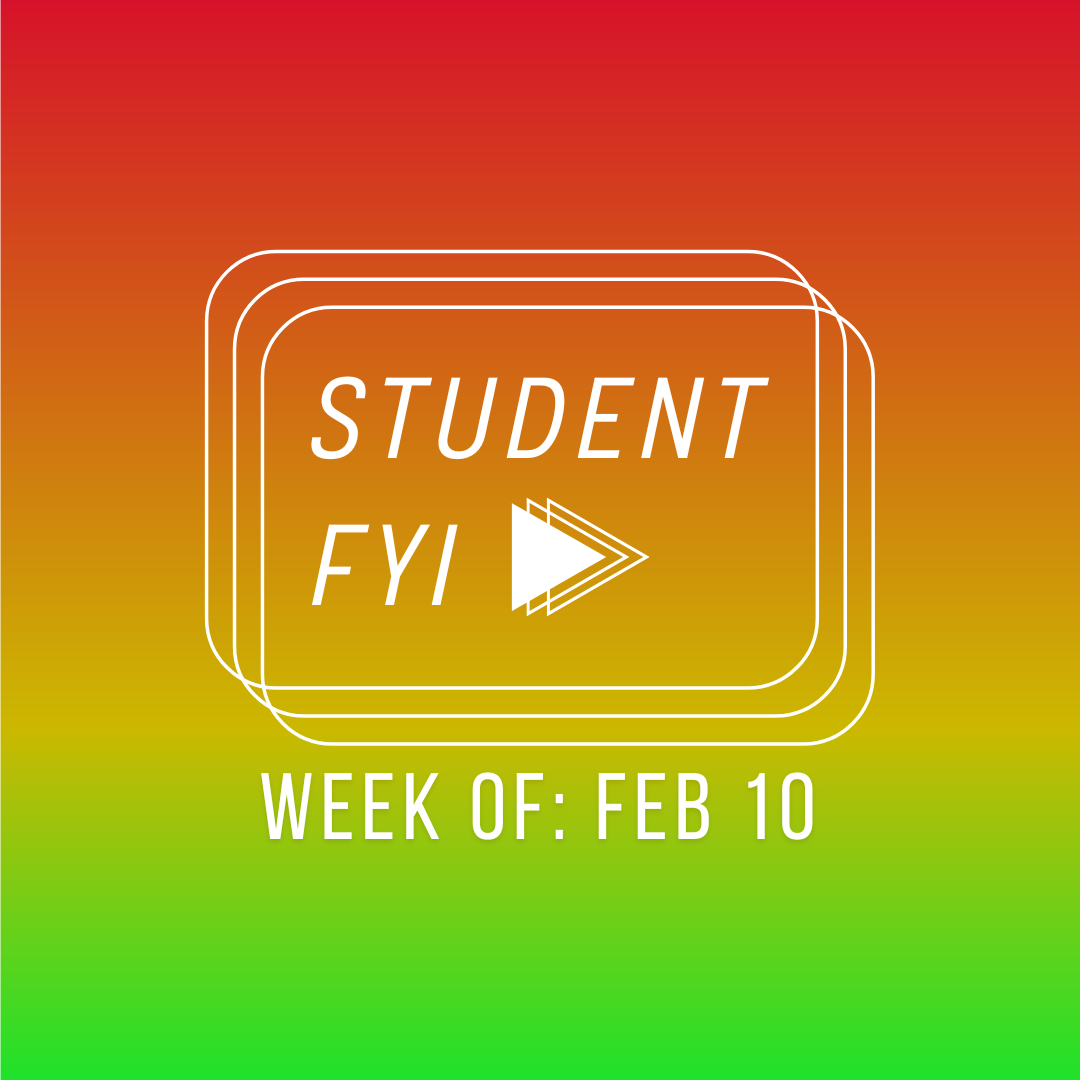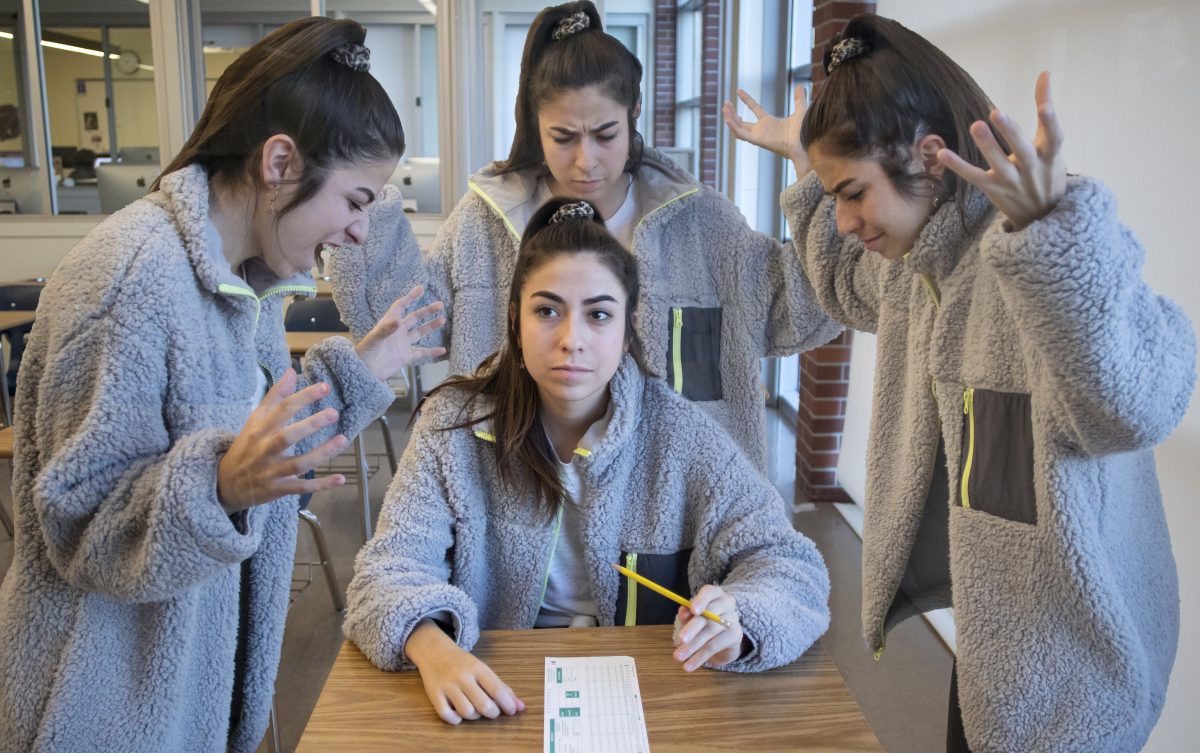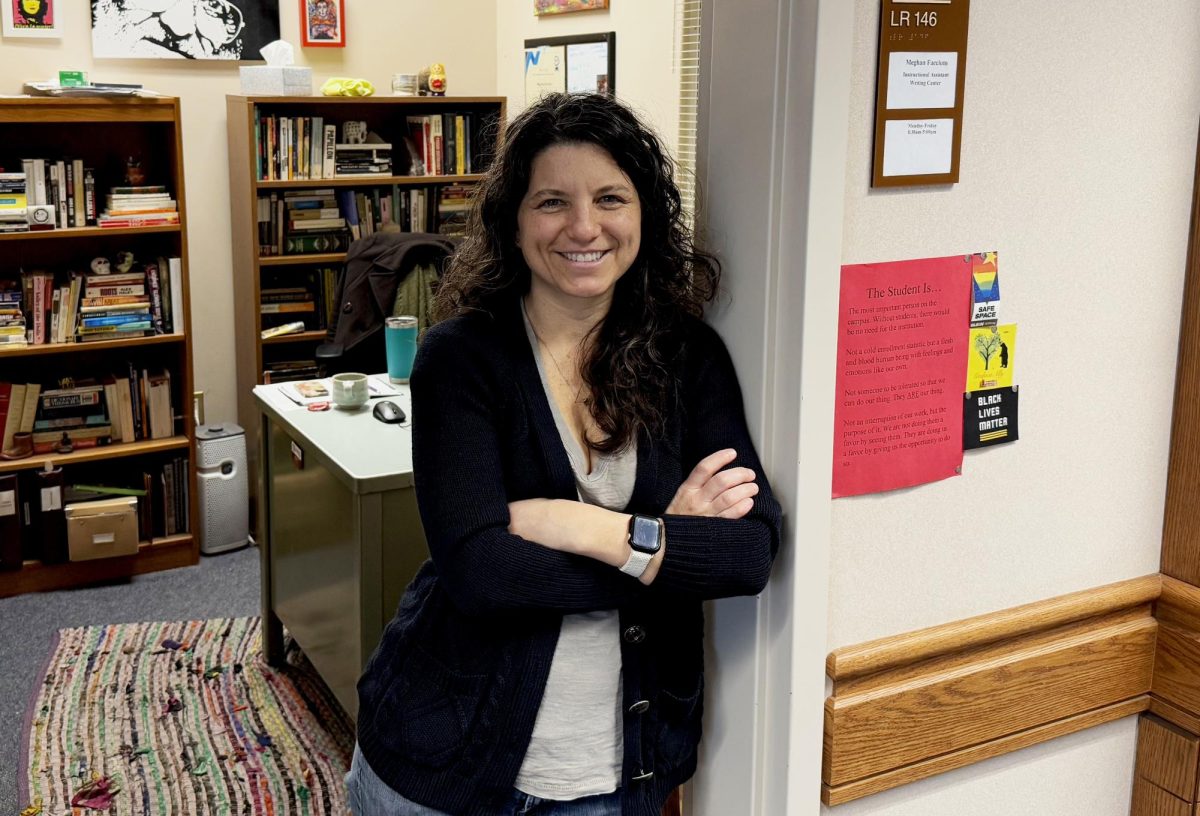Silence falls across the Learning Resource Center computer lab. Stephanie Cortez, an instructional assistant for the City College writing center, leads a group of students through a grounding exercise during a test anxiety workshop.
Cortez tells the students to recognize the following: five things they can see, four things they can feel, three things they can hear, two things they can smell and one thing they can taste. This exercise, she says, is meant to pull a student out of a negative spiral while dealing with test anxiety.
According to the Anxiety and Depression Association of America, test anxiety is a type of performance anxiety. Causes include fear of failing, minimal test preparation and poor test history. Taking the test is the most strenuous part of the equation. However, test takers say that the symptoms that come along with test anxiety can be just as bad.
City College student Daniel Ledesma sits alone in the computer science lab, visually stressed over the incomplete coding assignment that fills the screen in front of him. Ledesma is a computer engineering major at City College and one of many students on campus who have experienced test anxiety.
“Last week I had a calculus test, and going into it I felt like I didn’t know anything,” says Ledesma. “But then I got 1oo%.”
Even though Ledesma achieved a perfect score on his test, that didn’t stop him from feeling the effects of test anxiety.
“I couldn’t sleep the night before just because I couldn’t stop thinking about it,” Ledesma goes on to say. “My anxiety was at about an eight out of 10.”
Sleep deprivation is only one of the symptoms that comes along with test anxiety, according to the Anxiety and Depression Association of America. It can be accompanied by headaches, nausea, excessive sweating and panic attacks. Emotional symptoms such as helplessness and disappointment can also be experienced.
“I have experienced shortness of breath,” Ledesma continues to list his symptoms when experiencing test anxiety. “I also have trouble concentrating.”
Ledesma’s take on what tips he finds helpful for overcoming test anxiety is quite simple.
“Any studying that you can do to ensure a better grade helps,” he says. “Also, it probably wouldn’t hurt to talk with someone about why you’re feeling this way.”
Researchers say test anxiety can be avoided, or at least managed. Extensive preparation such as studying, healthy sleep patterns and holding a positive attitude are ways to help ease the pressure of test anxiety.
City College routinely offers many resources that help with test anxiety. The LRC offers various workshops throughout the semester that deal with test anxiety and test-taking strategies.
Cortez, the instructional assistant in the LRC, hosts regular test anxiety workshops that are open to all students.
During a recent workshop, Cortez went over the symptoms of test anxiety and what can cause it. Afterward, Cortez introduced the students to different techniques and strategies that can relieve the stress of test anxiety.
Cortez went over a breathing exercise that helps reduce stress. She had everyone in the room slowly inhale through their noses and hold their breath for a few seconds before slowly exhaling through their mouths.
“I use this and it has helped me so much to keep me grounded,” Cortez told the students as she explained the use of the breathing technique while taking a test.
Cortez provided various handouts to students throughout the workshop, including a questionnaire for students to determine whether or not they suffer from test anxiety.
The questionnaire lists a series of symptoms and actions that are related to test anxiety. According to Cortez students who chose ‘sometimes’ and ‘definitely’ for most of the scenarios are more likely to suffer from test anxiety.
“Whenever you find yourself doing these kinds of actions,” says Cortez. “You have to seek out tools and strategies to reduce them.”
For more information please visit https://www.scc.losrios.edu/weeklyupdate/studyskills/test-anxiety/





























